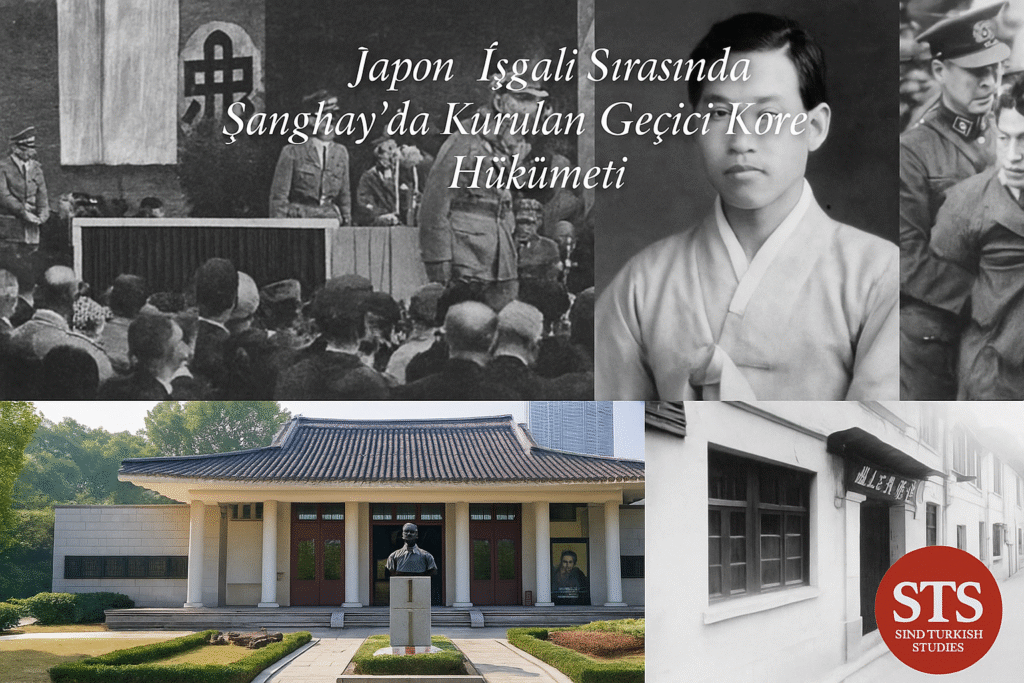Korea’s Government in Exile
In 1910, Korea was annexed by Japan and officially came under colonial rule. The most organized resistance to this occupation emerged with the establishment of the Provisional Government of Korea in Shanghai, China, in 1919. Claiming to represent the will of the Korean people, this government continued the independence struggle through both diplomatic and armed means. Close ties were formed with the Kuomintang, led by Chiang Kai-shek, while Japan viewed the government as a threat.
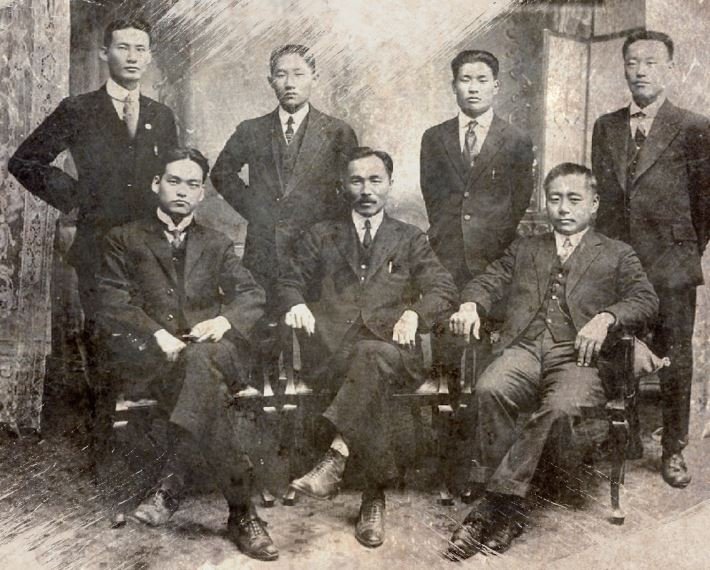
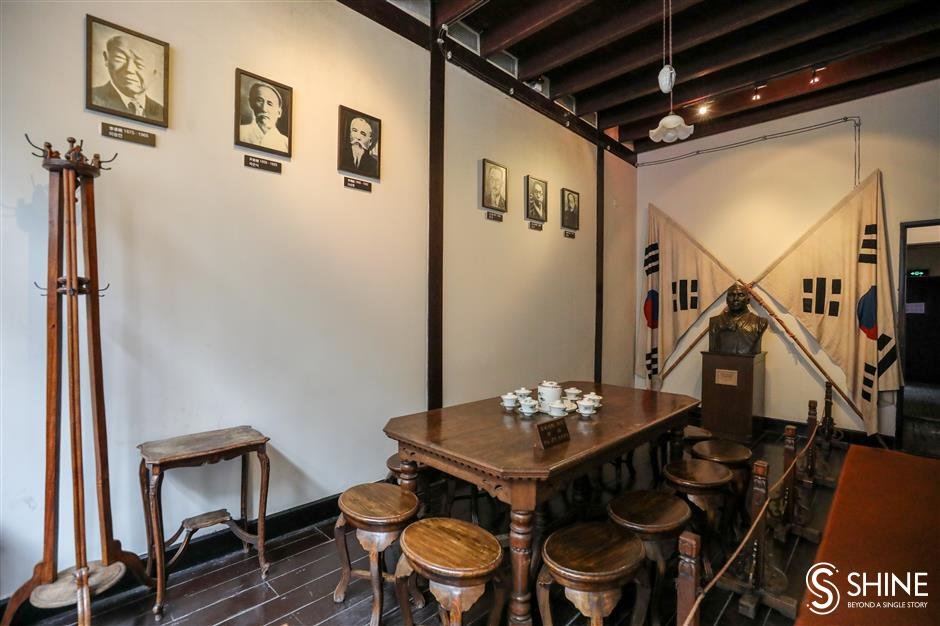
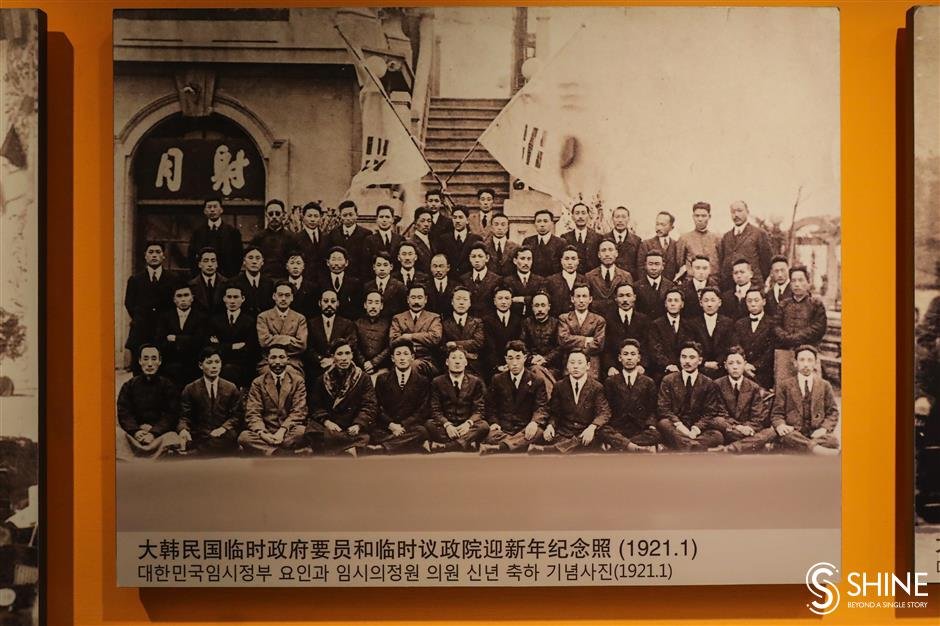
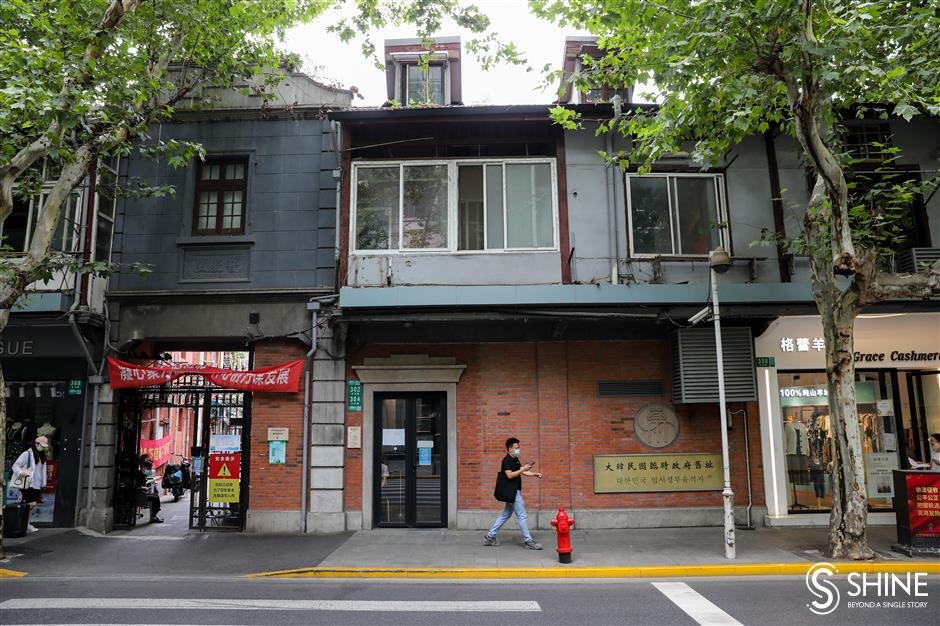
The most notable act of this government on Chinese soil was the 1932 bombing attack in Hongkou Park, Shanghai. This incident was not just an assassination—it was an effort to make the voice of an oppressed people heard around the world. Today, the memory of this event is kept alive through the Korean Memorial Site located in the same park.
1932: A Cry Out for Independence Explodes in the Park
On April 29, 1932, a major ceremony was held in Hongkou Park to celebrate the birthday of Japanese Emperor Hirohito. High-ranking Japanese military officials, colonial administration representatives, and local collaborators in China attended the event.
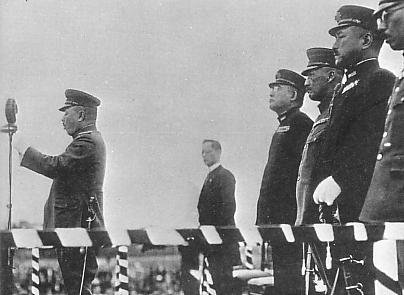
Korean independence fighter Yun Bong-gil entered the park with a homemade bomb disguised as a lunchbox and detonated it during the ceremony. The explosion killed General Shirakawa, commander of Japanese forces in China, and injured several high-ranking Japanese officials. Yun was arrested on the spot and executed in Japan later that same year.
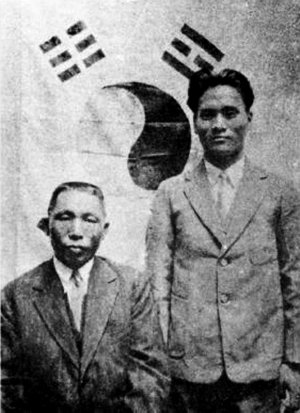
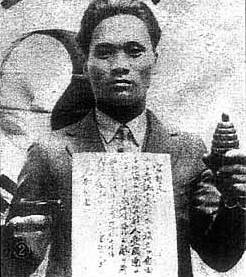
This act was a planned operation by the Provisional Government of Korea and sent a clear message to the world: The Korean people had not surrendered. The Chinese public showed wide support, and Chiang Kai-shek even declared Yun “the hero of the East.” The incident strengthened Chinese support for the Korean resistance and made the Korean cause more visible in the international press.
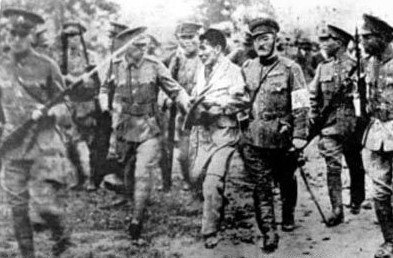

Living Memory in Lu Xun Park
Today, the former Hongkou Park is known as Lu Xun Park. Located in Shanghai’s Hongkou District, this large green space is filled with joggers, children, and elderly people practicing tai chi in the mornings. Yet the park holds a much deeper historical meaning.
At its center lies the “Yun Bong-gil Memorial Site” (Plum Garden)—a symbolic location commemorating the Korean people’s resistance. Built as a joint initiative between China and South Korea, the memorial hall is filled with photographs, letters, and artifacts documenting the 1932 attack. Every year on April 29, a commemorative ceremony is held here. Government representatives, students, and historians from South Korea quietly pay their respects in this modest space.
The park also contains the tomb and museum of Lu Xun, one of China’s most influential modern thinkers. In this way, the park has become a dual-identity space, carrying both China’s intellectual heritage and Korea’s memory of resistance.
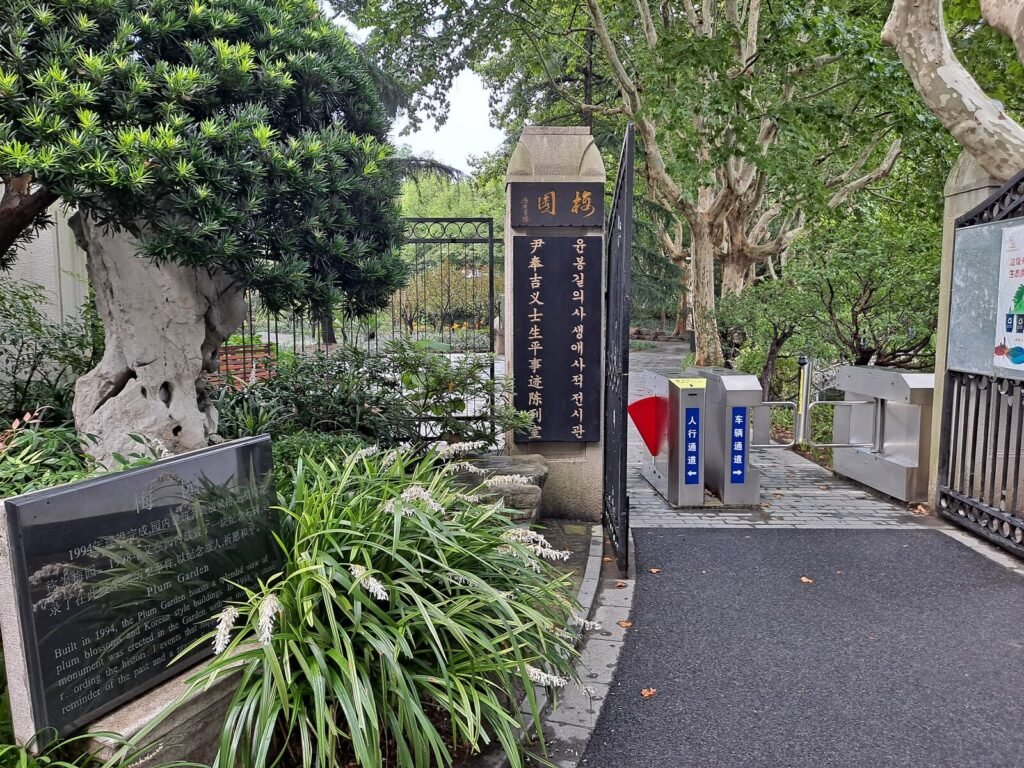
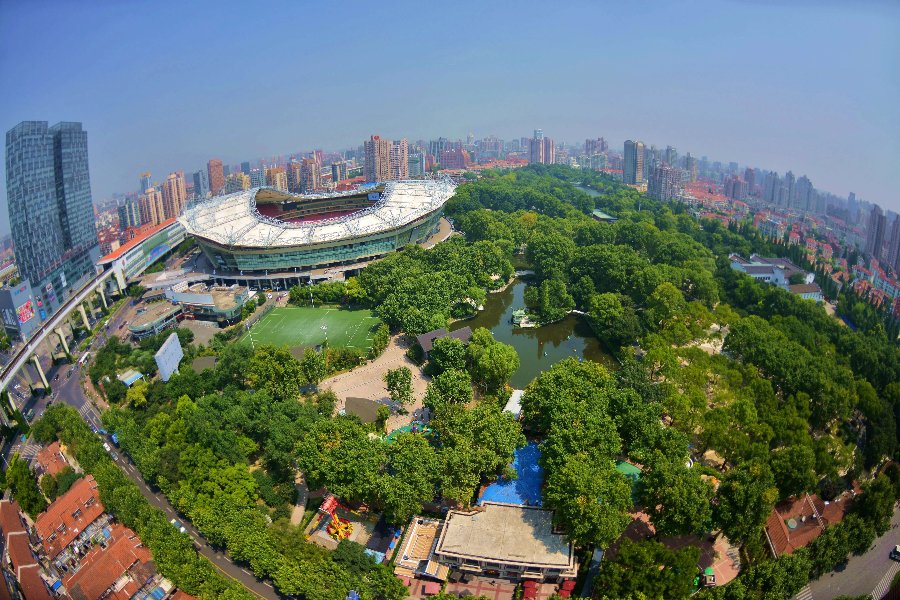
A Silent Legacy of Resistance
Today, the Korean Memorial Site in Hongkou Park is not merely a symbol of a terror attack or a heroic tale—it is a physical embodiment of an unforgettable national struggle. This park in Shanghai is one of the rare spaces where China–Korea friendship, anti-imperialist resistance, and cultural memory all converge.
Most visitors come simply to enjoy nature; yet, as they walk among the plum trees, they unknowingly witness one of the most courageous voices in Korean history
🔑 Keywords
Hongkou Park, Yun Bong-gil, Korean Provisional Government, Korean independence movement, Shanghai Korean monument, Lu Xun Park, Korean-Chinese relations, Korean resistance history, Korean martyr memorial, historical parks in Shanghai
📝 Meta Description
Located in Shanghai’s Lu Xun Park, the Korean Memorial Site commemorates Yun Bong-gil’s 1932 bombing against Japanese colonial rule. Discover a powerful symbol of Korean resistance hidden in a peaceful public park.
Meta Description
Located in Shanghai’s Lu Xun Park, the Korean Memorial Site commemorates Yun Bong-gil’s 1932 bombing against Japanese colonial rule. Discover a powerful symbol of Korean resistance hidden in a peaceful public park.
Abroad Africa AI Beijing Belt & Road BLCU BRICS China chinese CPC CSC Culture Economy education EU Guizhou Kültür Langauge movie Multipolarity Russia scholarship science Shanghai Sino Sino Turkish Sino Turkish Sino Turkish Sino Turkish Sino Turkish Studies Sino Turkish Studies Sino Turkish Studies Sino Turkish Studies space Syria Taiwan Tariff trump Turkiye Türkiye University USA Xinjiang ZJUT Çin

